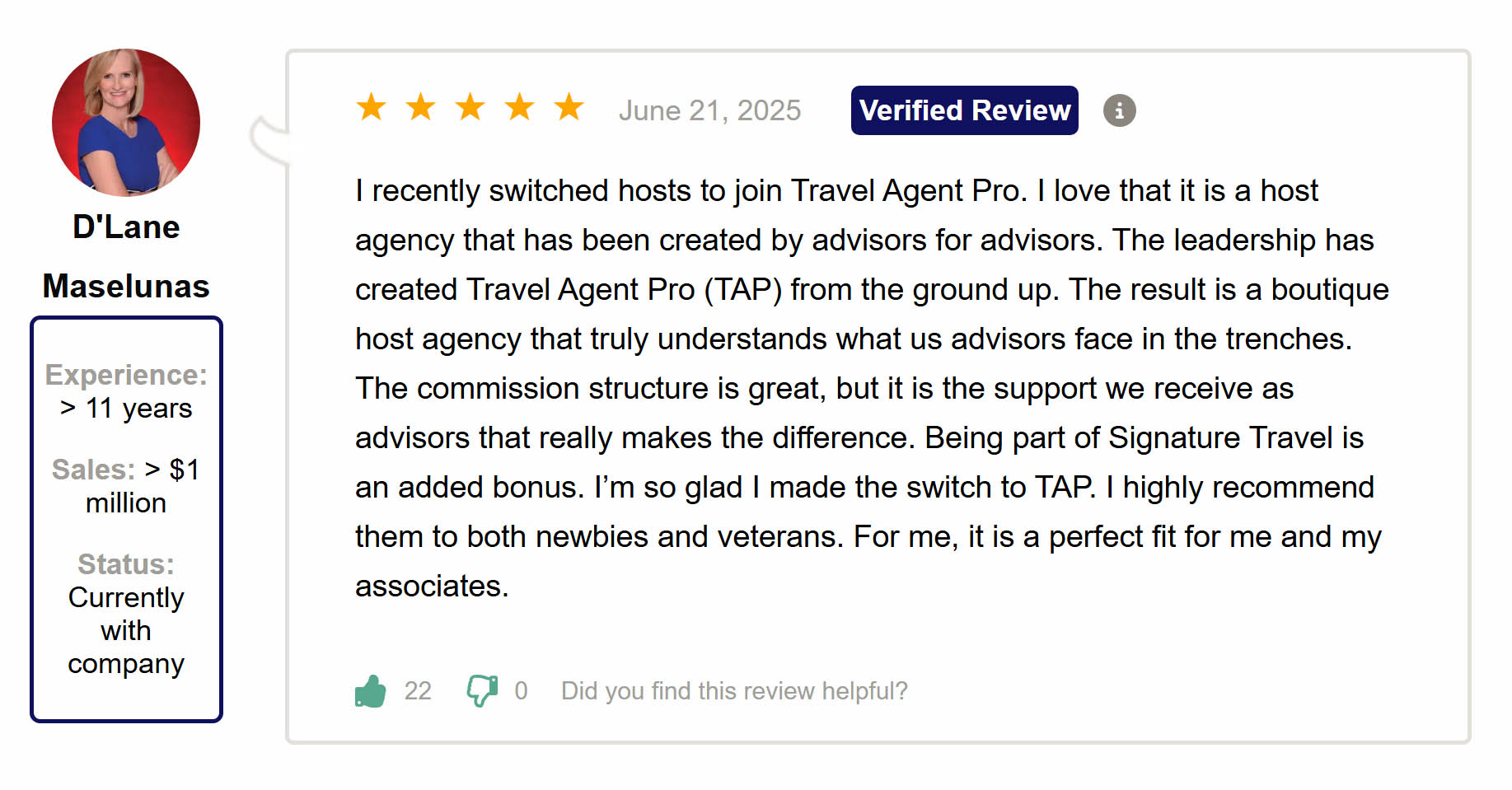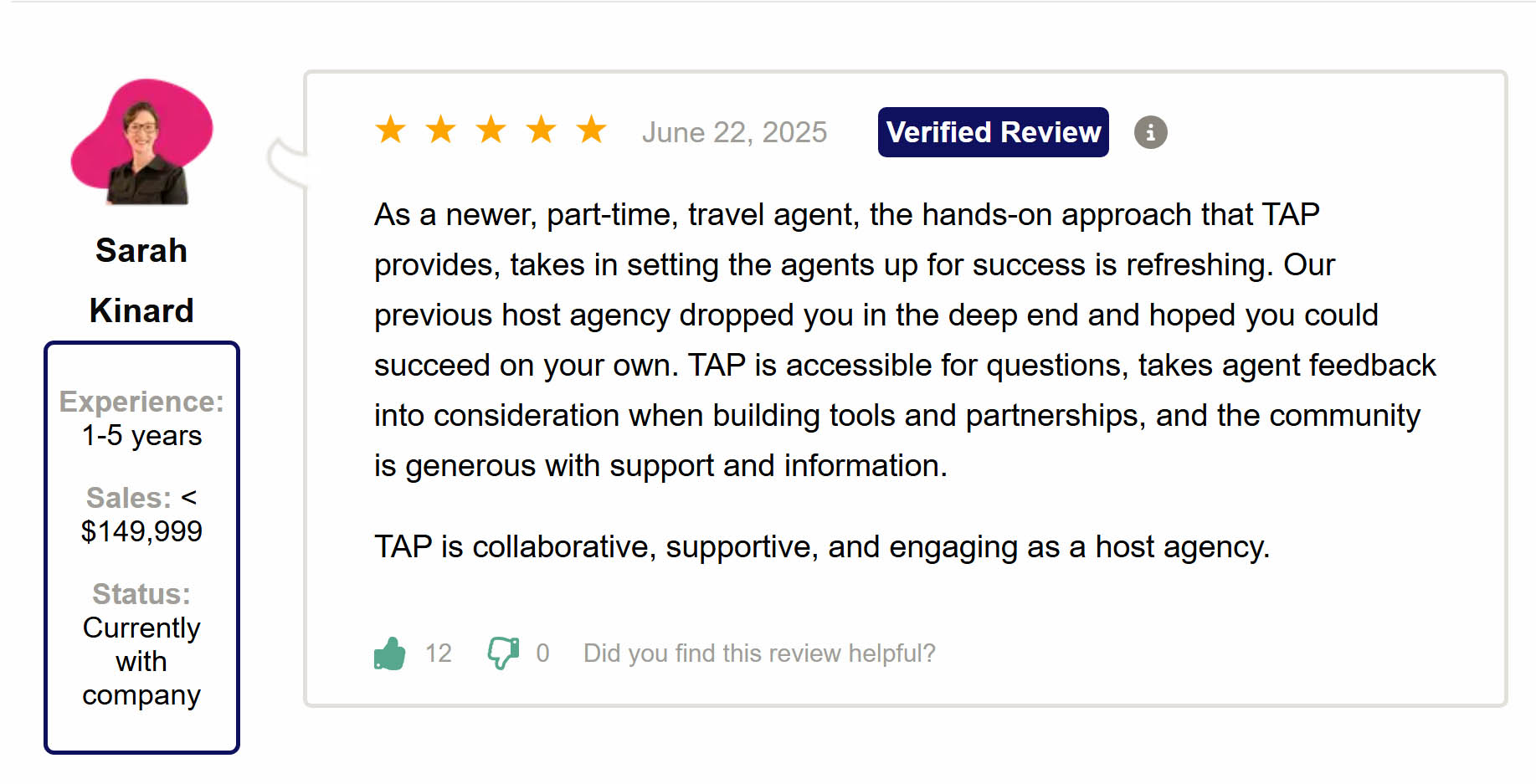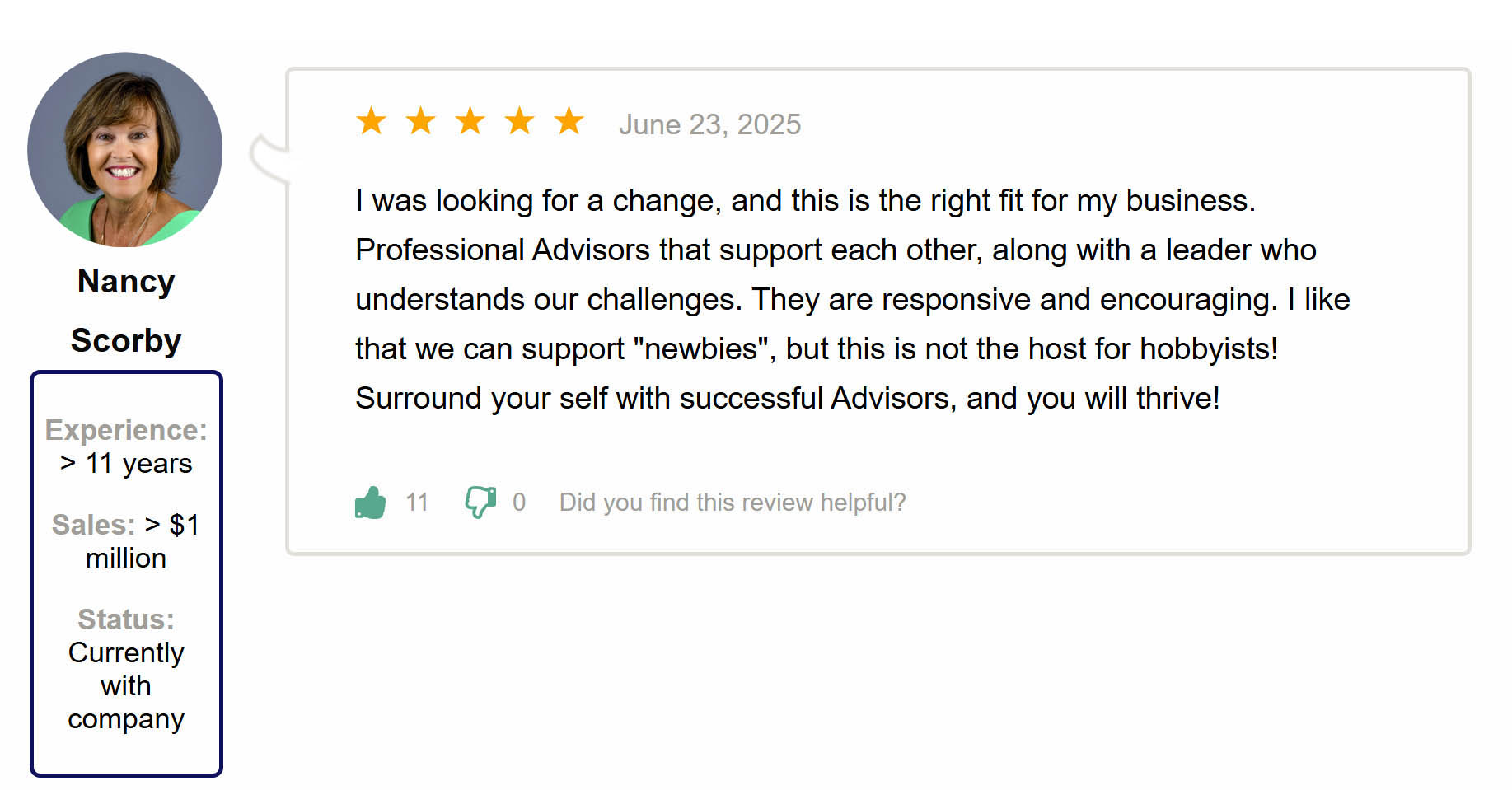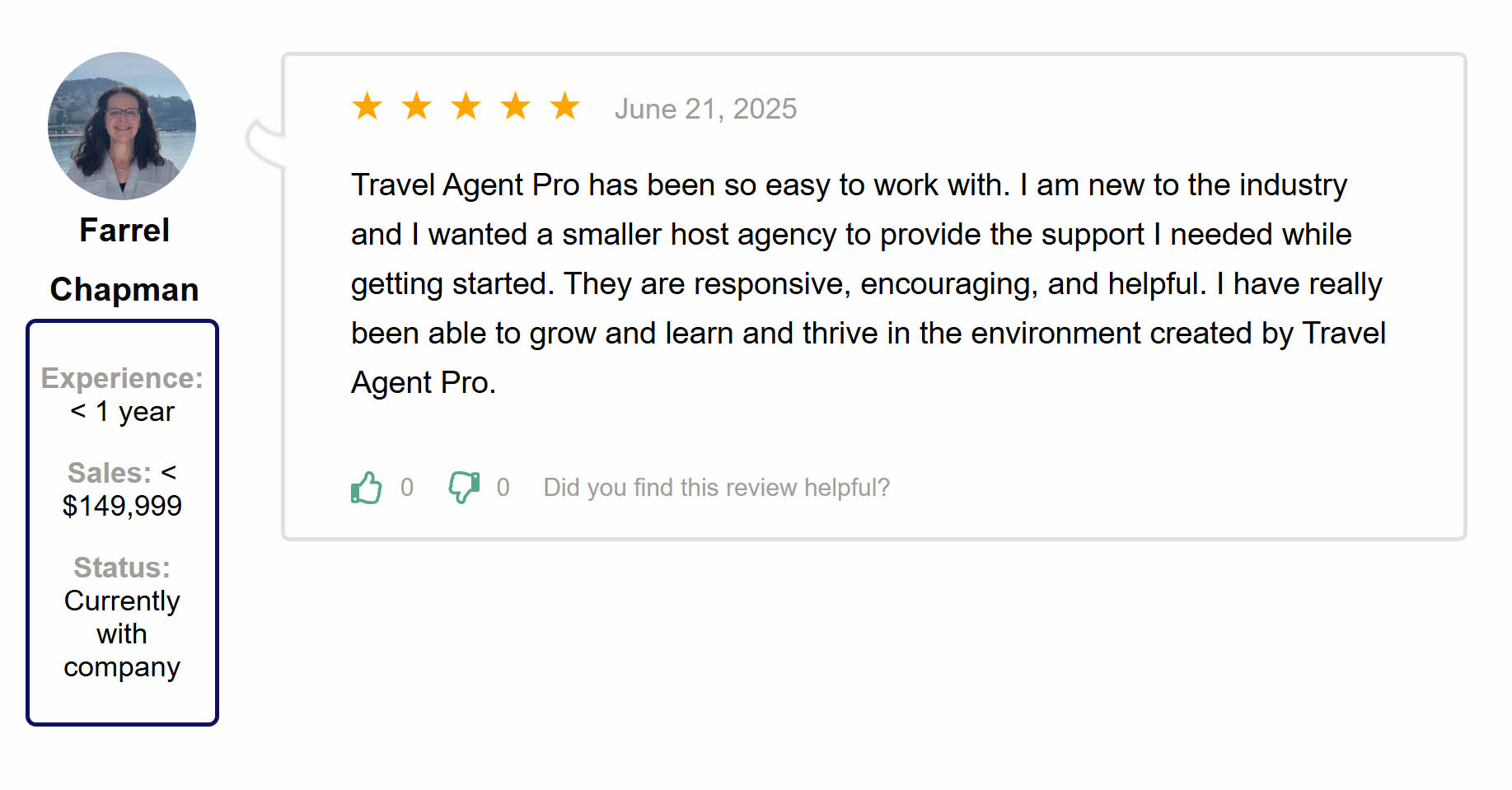Tags :
MarketingHow to Sell Corporate Incentive Retreats to Business Owners
To learn more techniques and how to create and grow your own travel business, sign-up to become a member today!

As a travel agent, there are PLENTY of reasons you should focus on corporate incentive travel and retreats. Just a few: higher profit margins, long-term relationships, referral business, value-added services, and so much more.
But working with businesses and business owners, how do you get started in this space and showcase your expertise in creating high-impact experiences?
Let's dive into how to introduce, persuade and sell this lucrative segment of the travel industry.
Step 1: Introduction
-
Leverage Existing Relationships
Start by emphasizing your existing relationship with the business owner and/or their employees who you have previously booked. Mention how you’ve successfully planned their personal vacations, establishing trust and reliability. -
Position the Idea
Say something like,
"I’ve been thinking about how your business could benefit from a corporate incentive retreat. Have you ever thought about offering something like this? They not only reward and motivate employees but can also drive real business results."
Step 2: Persuasion

-
Highlight the Business Advantages
- Increased Productivity and Morale
"Incentive retreats reward top performers and boost employee satisfaction, leading to better retention and productivity." - Team Building and Collaboration
"These retreats foster team spirit, improve communication, and create stronger bonds among your team members." - Strengthened Brand Loyalty
"An incentive retreat can reinforce your company’s commitment to valuing and investing in employees, improving overall brand reputation." - Client Retention and Upselling Opportunities
"For client-focused businesses, inviting key clients or partners to a retreat strengthens relationships, opens upsell opportunities, and encourages long-term loyalty."
- Increased Productivity and Morale
-
Tax Savings for the Business
- Many corporate retreats qualify as deductible business expenses. Explain:
"Retreats designed for team building, strategy, or client engagement may be tax-deductible, covering travel, accommodations, meals, and activities. You’ll need to consult with your tax professional, but this can significantly offset the costs."
- Many corporate retreats qualify as deductible business expenses. Explain:
-
Cost-Effective Planning with a Travel Agent
- Exclusive Group Rates:
"As a travel agent specializing in group travel, I can secure group discounts and value-added perks you won’t find booking directly." - Customization and Convenience:
"I handle all the logistics—flights, accommodations, activities—ensuring a stress-free planning process for you." - Time Savings:
"You focus on your business while I handle the details." - Risk Management:
"I’m here to troubleshoot and assist with any issues, making sure everything runs smoothly."
- Exclusive Group Rates:
-
Return on Investment (ROI)
- Research shows that well-executed retreats increase employee engagement, sales, and profitability. Share an example:
"Companies often see their investment returned through increased performance and customer retention."
- Research shows that well-executed retreats increase employee engagement, sales, and profitability. Share an example:
Step 3: Selling the Concept

-
Start Small with a Proposal
- Begin with a modest, affordable retreat. Say:
"Let’s start with a small group of key employees or clients for a short retreat to see how it works for your business."
- Begin with a modest, affordable retreat. Say:
-
Showcase Success Stories
Share testimonials or case studies of other businesses that benefited from corporate retreats. Or share similar groups you have booked previously. -
Offer a Tailored Plan
- Create a sample itinerary with costs, potential activities, and ROI projections. Include:
- Luxurious accommodations
- Teambuilding exercises (e.g., scavenger hunts, workshops, etc.)
- Free time to recharge
- Memorable dinners or awards ceremonies
- Create a sample itinerary with costs, potential activities, and ROI projections. Include:
-
Present the Value Proposition
- Say:
"This is more than just a trip—it’s an investment in your team, your clients, and your company’s future growth."
- Say:
Step 4: Overcoming Objections
-
Too Expensive:
Emphasize tax deductions, group discounts, and ROI. "This is an investment with tangible benefits, and tax savings can ease the financial commitment." -
Time-Consuming:
"I’ll handle all logistics, and we’ll ensure the retreat doesn’t disrupt your operations." -
Skeptical of Results:
Share real-life examples or testimonials that highlight improved performance and morale. "Many companies see improved team cohesion and higher retention rates immediately after retreats."
Call to Action
End with an invitation:
"Let me design a complimentary proposal tailored to your business. Together, we’ll create a retreat that drives results and makes your team feel valued."
This approach builds trust, emphasizes the business advantages, and clearly communicates your value as a travel agent.
Corporate incentive travel is one of the most lucrative niches in travel. Finding a way into this travel segment means each guest could contact you in the future to book their travel as well! There are so many advantages to group travel above and beyond what is mentioned. Make sure and check out our other articles on group travel for travel agents!
Learn more about this by signing up as a member, today! Travel Agent Pro Application Form.
To learn more techniques and how to grow your travel business, read more on our Pathfinder Series.









